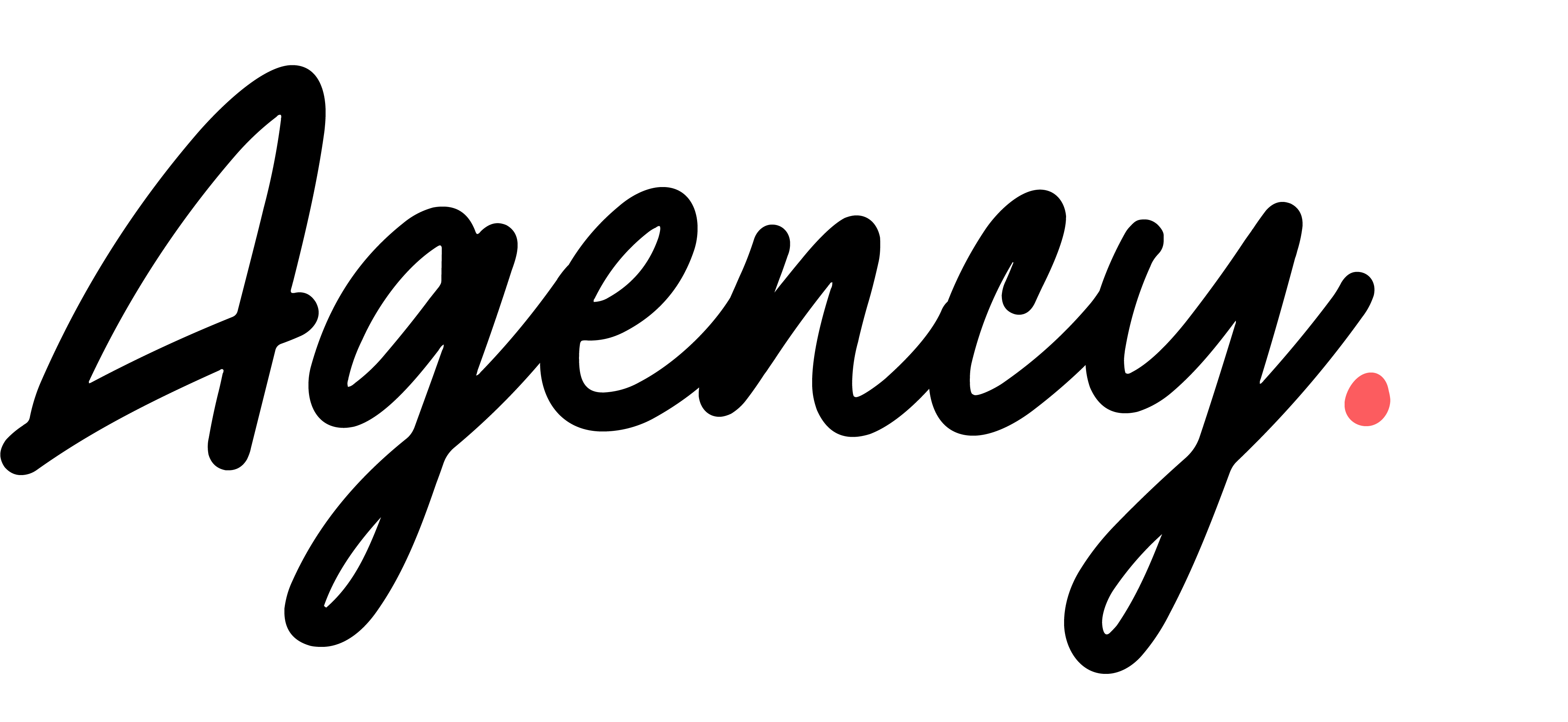Top Front-End Frameworks You Should Use in 2025
- Kitti Derda

- Mar 22
- 3 min read
In the ever-evolving world of web development, front-end frameworks are vital for crafting dynamic and responsive user interfaces. As we look ahead to 2025, several frameworks stand out for their ability to meet the demands of modern development. This post explores the top front-end frameworks to consider for your next project, each catering to the changing needs of both developers and users.

React
React, created by Facebook, continues to be a top contender in the front-end space. Its component-based structure allows developers to build reusable UI components. This not only enhances code maintainability but also streamlines scalability.
A significant feature of React is its virtual DOM, which significantly boosts rendering performance. In fact, developers report up to a 35% increase in rendering speed compared to traditional methods. The framework benefits from a large community offering extensive libraries and tools, making it a favorable choice for both novices and experienced developers. In 2023, 40% of developers indicated that they prefer React for their projects due to its flexibility and robust ecosystem.
Vue.js
Vue.js is emerging as a lightweight alternative to more cumbersome frameworks. Renowned for its simplicity and flexibility, Vue.js is ideal for developers who value ease of use and quick development cycles.
The framework’s progressive structure allows for gradual implementation, making it suitable for both small projects and expansive applications. As noted in a recent survey, nearly 28% of developers chose Vue.js in 2023, signaling its growing popularity. With approachable documentation and a supportive community, Vue.js is set for significant growth in 2025, especially among developers looking for quick deployment and efficiency.
Angular
Angular, maintained by Google, provides a solid framework for developing complex, enterprise-level applications. Its rich feature set includes a powerful CLI, two-way data binding, and dependency injection. These tools help streamline the development process and improve team collaboration.
As businesses increasingly seek scalable solutions, Angular's integration with TypeScript enhances reliability and maintainability. About 32% of developers stated they preferred Angular for large-scale applications in a recent industry report. For teams aiming to build sophisticated applications efficiently, Angular remains a favored choice.
Svelte
Svelte is rapidly gaining attention for its groundbreaking approach to front-end development. Unlike traditional frameworks that operate in the browser, Svelte does much of the work at compile time. This results in significantly smaller application sizes, often up to 50% smaller than similar apps built with React.
With a strong focus on performance and simplicity, Svelte allows developers to accomplish more with less code. It has been praised for its efficiency in building high-performance apps, making it an exciting option for developers seeking innovative solutions in 2025.
Next.js
Next.js has established itself as a premier framework for server-side rendering and static site generation with React. Strongly focused on SEO, it enhances visibility and can lead to a 23% increase in organic traffic for websites.
Next.js's built-in routing and data fetching features streamline development, enabling quicker project launches. As web performance continues to gain emphasis, Next.js stands out as a compelling choice for developers aiming to create high-performing applications in 2025.
Embracing the Future of Front-End Frameworks
Choosing the right front-end framework can greatly impact the success of your web projects. In 2025, React, Vue.js, Angular, Svelte, and Next.js are expected to dominate the landscape, each offering unique strengths.
Staying informed about these frameworks equips developers to make strategic choices that align with their project goals and user demands. Exploring these options now can lead to more efficient, dynamic, and user-friendly web applications in the future.
Seize the opportunity to explore these frameworks and elevate your skills in the web development realm. Happy coding!





Comments